- s.l. s.d. (1907), 15,7x23,1cm, 1 page 1/2 sur 2 feuillets. - Handwritten poem to Kérimé « Je cacherai ma flûte » [1907] | 15,7 x 23,1 cm | 1 page 1/2 on 2 leaves Handwritten poem entitled « Je cacherai ma flûte », dedicated and offered to Kérimé («Pour le petit faune »). One and a half pages written in purple ink on two leaves edged with border of violets, in total 32 alexandrine verses. The poem was published under the same title in Flambeaux éteints (Edward Sansot & Cie, 1907). This first manuscript version has some variations from the printed text. Je m'écoute, avec des frissons ardents, Moi, le petit faune au regard farouche. L'âme des forêts vit entre mes dents Et le Dieu du rythme habite ma bouche. Dans ce bois, loin des aegipans rôdeurs Mon cœur est plus doux qu'une rose ouverte; Les rayons, chargés d'heureuses odeurs, Dansent au son frais de ma flûte verte. Mêlez vos cheveux et joignez vos bras Sur l'herbe humide où le bélier s'ébroue, Nymphes des halliers! - ne m'approchez pas, Allez rire ailleurs pendant que je joue. Car j'ai la pudeur de mon art sacré, Et, pour honorer la muse hautaine Je chercherai l'ombre et je cacherai Mes pipeaux vibrants dans le creux d'un chêne. Parmi la tiédeur, parmi les parfums, Je jouerai le long du jour, jusqu'à l'heure Des chœurs turbulents et des jeux communs Et des seins offerts que la brise effleure. Je tairai mon chant pieux et loyal Aux amants de vin, aux chercheurs de proie Seul le vent du soir apprendra mon mal Et les arbres seuls apprendront ma joie. Je défends ainsi mes instants meilleurs. Vous qui m'épiez de vos yeux de chèvres, Ô mes compagnons! allez rire ailleurs Pendant que le chant fleurit sur mes lèvres. Sinon, — je suis faune après tout, si beau Que soit mon chant, — et, bouc qui se rebiffe, Je me vengerai d'un coup de sabot Et d'un coup de corne et d'un coup de griffe. Provenance: Kérimé Turkhan-Pacha. The Sappho lover and her sofa muse Considered as a literary work in its own right, Renée Vivien's correspondence with Kérimé Turkhan-Pacha is sprinkled with very rare poems that enhance the poet's romantic passion for her oriental muse. In spring 1904, Vivien received an unexpected letter. A mysterious young Turkish woman, living in Constantinople and who signed Kérimé Turkhan-Pacha, enthusiastically told her about a book she had just read. [.] Intrigued and at the same time flattered, Vivien responded to the unknown woman [.] This letter was to be followed by more than a hundred others and dozens of postcards to Kérimé Turkhan-Pacha. [.] During the summer of 1905, when Vivien will make a pilgrimage to Lesbos with Natalie Barney, she will absolutely stop in Constantinople to get to know the fictional (as she imaged) Kérimé. She saw her again several times, always in Constantinople, and their correspondence continued until 1908. Born in 1876, Kérimé Turkhan-Pacha belonged to the Constantinople high society. Very cultured, raised French, she shone in the salons of the Ottoman capital. She was distinguished by her real beauty [.]. This seductive creature, whom Vivien had to imagine languishing on cushions in the shade of a Bosphorus harem, had married a Turk much older than her around 1900, Turkhan-Pacha. [.] Becoming a widow, Kérimé lived in Paris, where she had the opportunity to court Natalie Barney; she died in Athens in 1948. Worldly and very beautiful, [.] Kérimé belonged to the Turkish elite [.] whose women began to change their mentality. Just like Loti's Désenchantées [.] Kérimé found it troublesome to support the old customs of her country. «I was very young and I was cloistered away and aspired only to bite all the forbidden fruits», she told Le Dantec. [.] For Vivien, Kérimé represented the mirage of the East, which had already fascinated the entire 19th century: Chateaubriand, Delacroix, Nerval, Flaubert, Loti, Barrès. Turkish romanticism then permeated French literature. In 1898 Jean Lorrain had published La Dame turque (anot
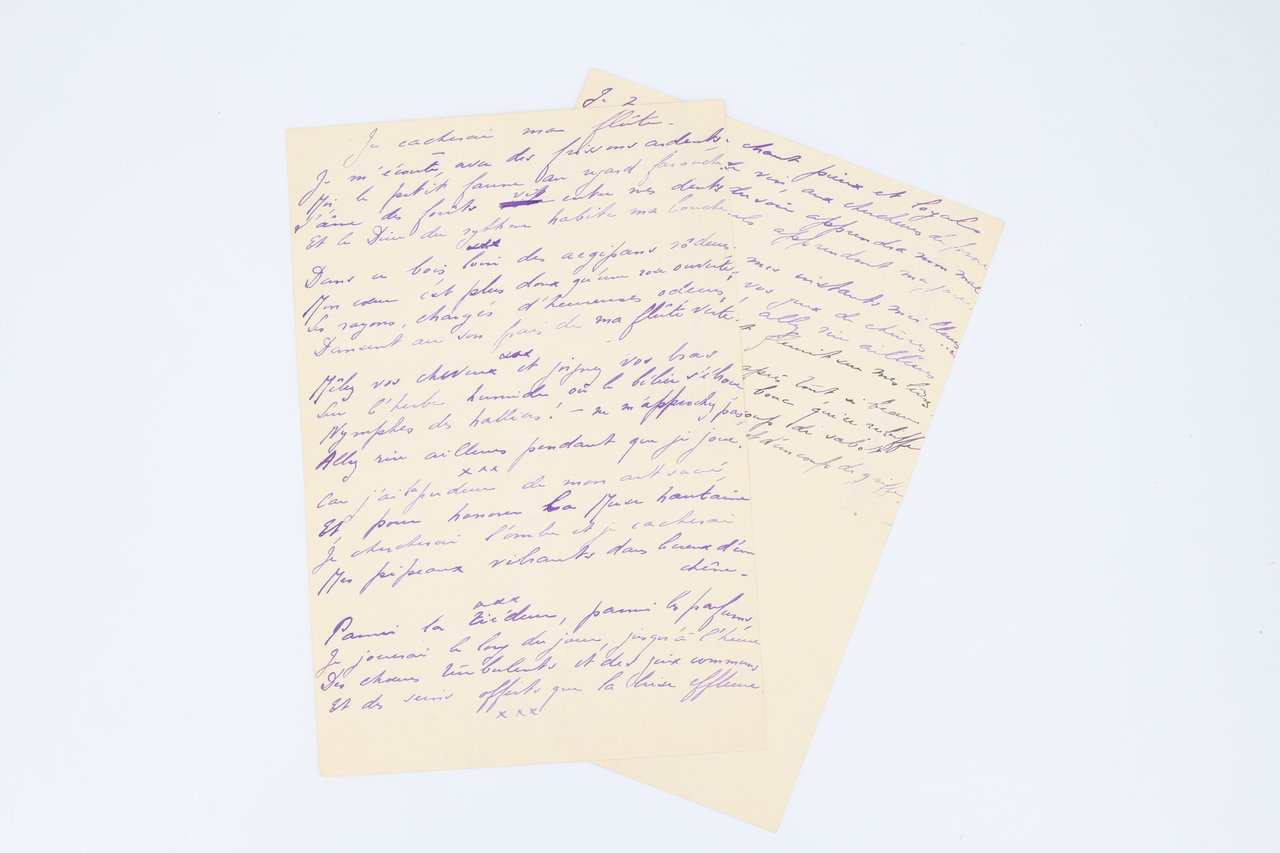
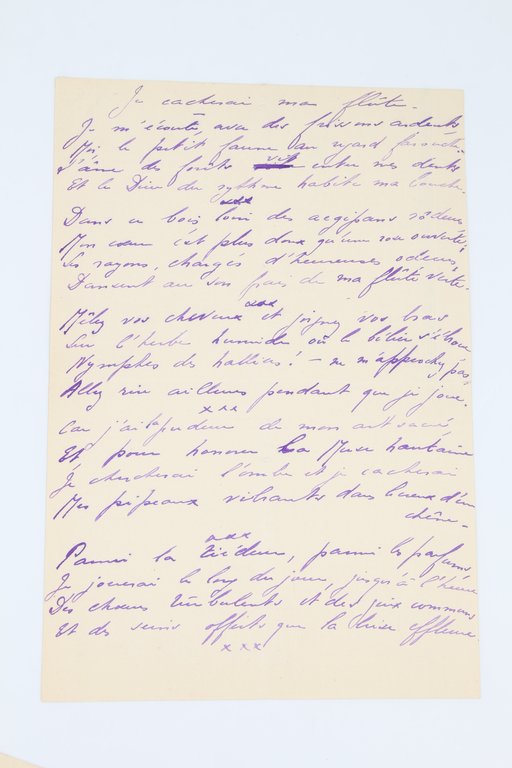
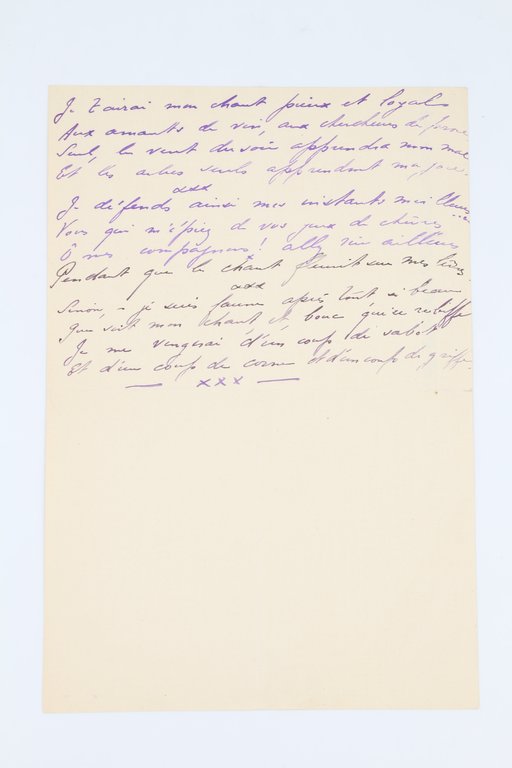
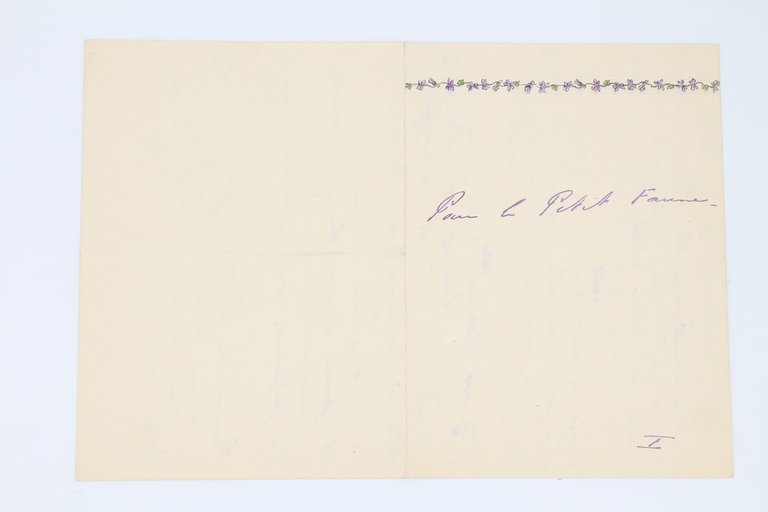
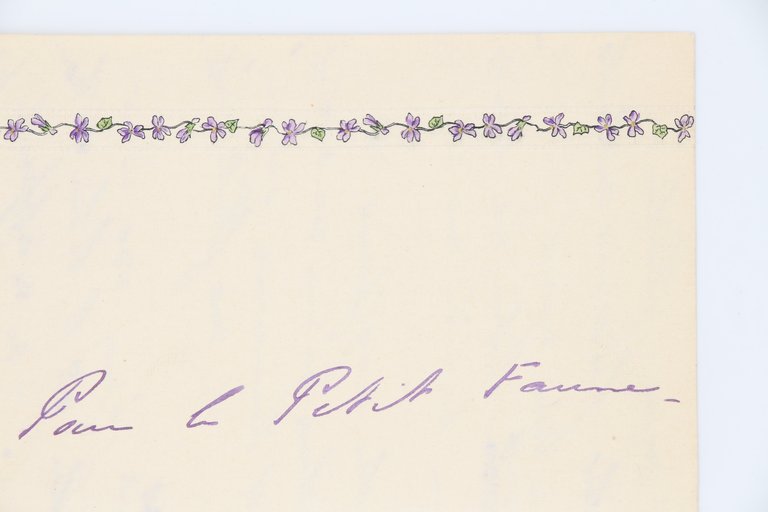
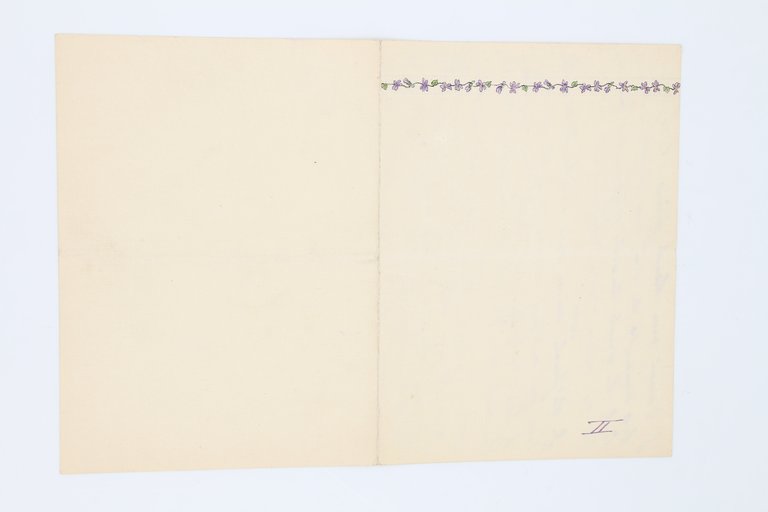
Find out how to use
Find out how to use

